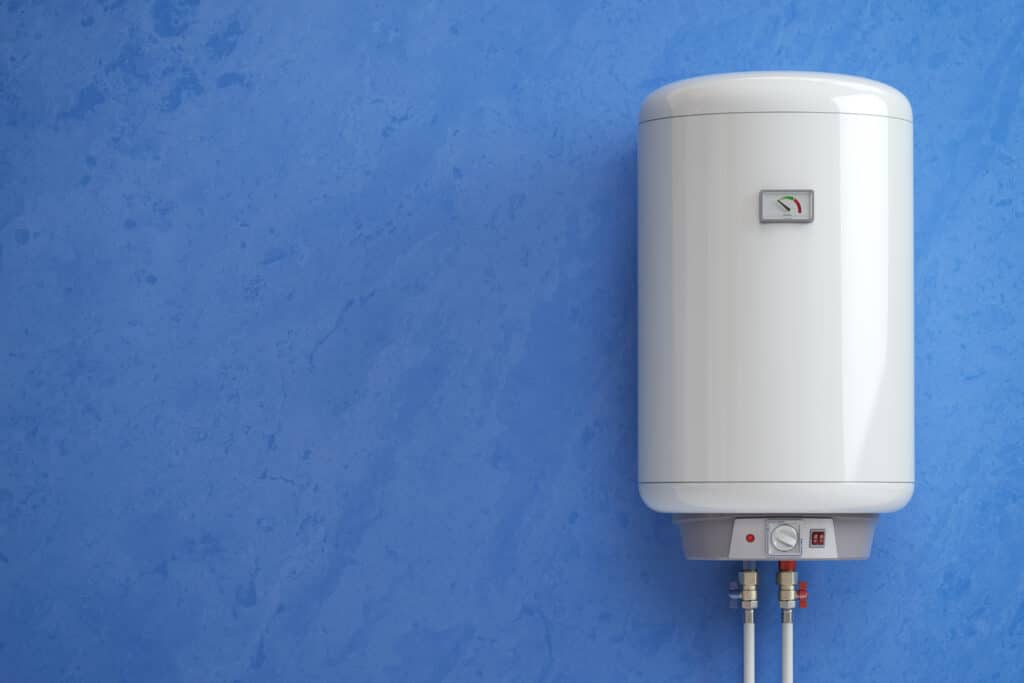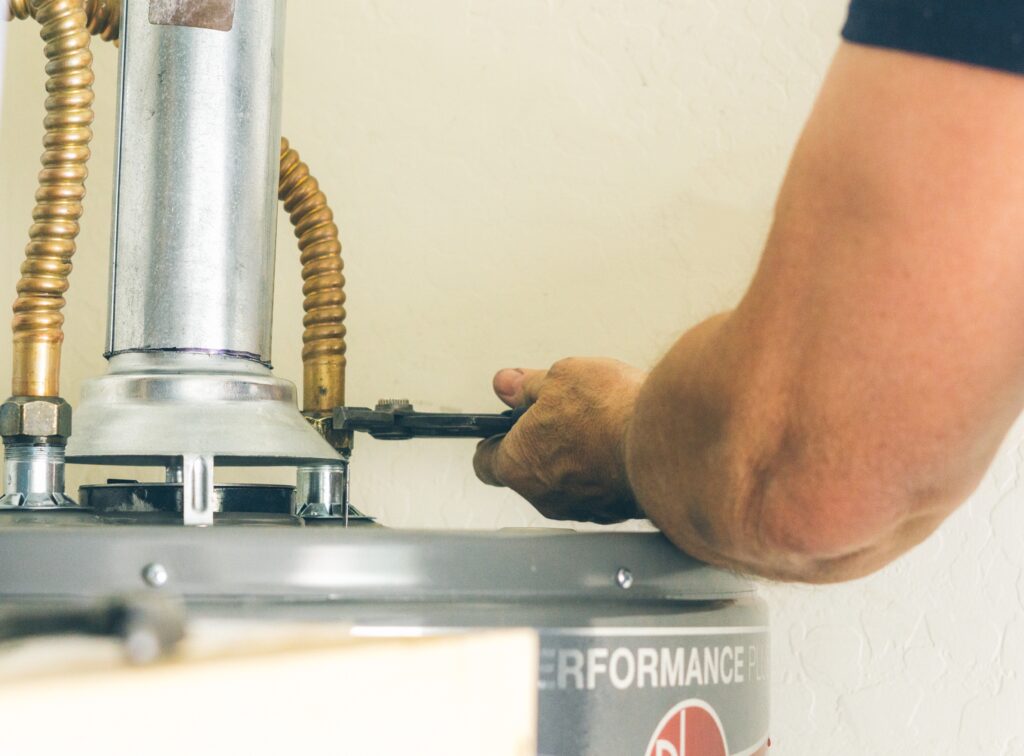Water heaters are essential appliances in our homes, providing us with the comfort of hot water for various household tasks, from showering to washing dishes and doing laundry. If you’re looking to save space, energy, and money, a compact water heater might be the ideal solution for your home. In this blog, we will explore the different types of compact water heaters and delve into the advantages and disadvantages of each.
Types of Compact Water Heaters

Compact water heaters come in various forms, each designed to meet specific needs and space constraints. Let’s take a closer look at some of the most popular options:
1. Tankless (On-Demand) Water Heaters
Tankless water heaters, also known as on-demand water heaters, are energy-efficient and space-saving options. They heat water directly, without the need for a storage tank. Here are some advantages and disadvantages of tankless water heaters:
Advantages:
- Space-Efficient: Tankless water heaters are compact and wall-mounted, freeing up valuable floor space.
- Energy Efficiency: They only heat water when needed, reducing energy consumption and lowering utility bills.
- Endless Hot Water: As long as there’s a fuel supply, tankless heaters can provide a continuous hot water supply.
- Longevity: Tankless heaters have a longer lifespan compared to traditional tank-based models.
Disadvantages:
- Upfront Cost: Tankless water heaters are more expensive to purchase and install than traditional tank-based models.
- Limited Flow Rate: Smaller units may struggle to provide hot water simultaneously to multiple fixtures.
- Complex Installation: Some tankless heaters may require modifications to your home’s gas or electrical system.
2. Electric Mini-Tank Water Heaters
Electric mini-tank water heaters are compact, plug-in appliances that store a small amount of hot water, usually ranging from 2.5 to 10 gallons. They are often installed near the point of use, such as under a sink or in a closet.
Advantages:
- Hot Water on Demand: Mini-tank water heaters provide hot water quickly for applications like hand washing or dishwashing.
- Easy Installation: They can be easily installed without complex modifications to your home’s plumbing or electrical system.
- Energy Efficiency: These units are energy-efficient because they only heat a small volume of water.
Disadvantages:
- Limited Capacity: Mini-tank water heaters may not provide enough hot water for larger tasks like showers or laundry.
- Space Requirement: While they are compact, they still require some space in your home.
- Higher Operating Costs: They can be less energy-efficient for larger water heating needs than tankless or traditional tank-based heaters.
3. Traditional Compact Tank Water Heaters
Traditional tank water heaters are available in smaller sizes designed for compact spaces. These heaters are similar to standard tank water but have reduced storage capacity.
Advantages:
- Adequate Hot Water Supply: Compact tank water heaters can provide enough hot water for most household needs.
- Cost-Effective: They tend to be more affordable upfront compared to tankless options.
- Reliable: Traditional tank water heaters are well-established and widely used, with a track record of reliability.
Disadvantages:
- Space Requirements: While they are smaller than standard tank heaters, they still occupy a considerable amount of space.
- Energy Consumption: They can be less energy-efficient than tankless models because they maintain a constant temperature.
Choosing the Right Compact Water Heater for Your Home

To select the ideal compact water heater for your home, consider the following factors:
- Hot Water Needs: Assess your household’s hot water demands. Are you looking to heat water for a single point of use, multiple points, or the entire house? This is important because the hot water needs can vary greatly depending on the size of your family and the number of bathrooms or appliances that require hot water.
- Available Space: Measure the available space for installation. Ensure the chosen unit fits comfortably. It’s important to have enough space for the water heater to be installed properly and to allow for proper ventilation.
- Energy Efficiency: Determine your energy efficiency goals and budget constraints. With the increasing focus on energy conservation and cost savings, it’s important to choose a water heater that is energy efficient. This can help reduce your utility bills and minimize your environmental impact.
- Installation Requirements: Evaluate the cost and complexity of installation for each type of water heater. Some water heaters may require additional plumbing or electrical work, which can add to the overall cost of installation. It’s important to consider these requirements before making a decision.
- Budget: Consider the initial cost and long-term operating costs of the water heater. While it’s important to choose a water heater that fits within your budget, it’s also important to consider the long-term operating costs. Some water heaters may be more expensive upfront but have lower operating costs, while others may have a lower initial cost but higher operating costs.
- Fuel Type: Decide whether you prefer an electric or gas-powered unit. This decision can impact the cost, efficiency, and availability of the water heater. Electric water heaters are generally more common and easier to install, while gas-powered water heaters may have lower operating costs.
- Lifespan and Warranty: Check the warranty and expected lifespan of the water heater you’re considering. A longer warranty and expected lifespan can provide peace of mind and potentially save you money on repairs or replacements in the future. It’s important to choose a water heater from a reputable brand that offers a reliable warranty.
These factors will help guide you in selecting the right compact water heater for your home, ensuring that you have a reliable and efficient source of hot water for years to come.
In conclusion, compact water heaters offer various benefits and drawbacks, depending on your specific needs and preferences. Before deciding, carefully assess your hot water requirements, available space, and budget constraints. Whether you opt for a tankless water heater, an electric mini-tank, or a traditional compact tank water heater, making an informed choice can lead to increased energy efficiency, reduced operating costs, and improved comfort in your home. Remember to consult with a professional plumber or contractor to ensure a proper installation that aligns with your household’s specific needs and space limitations.







